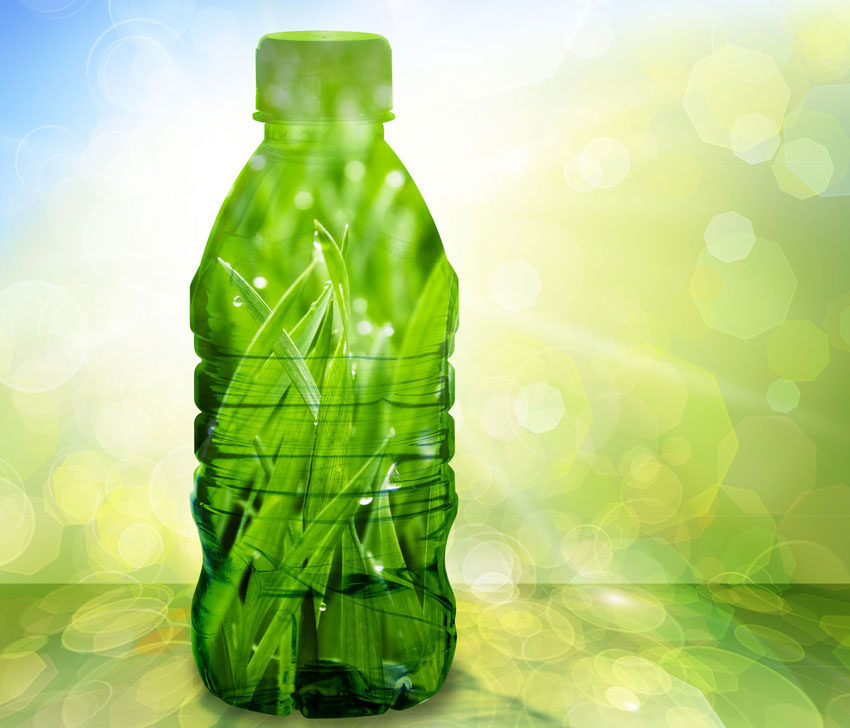Organic chicken breast wrapped in plastic film does not seem to be a very sustainable combination. Plastic has a bad environmental image and the plastic soup in the world’s oceans is a major threat. But there is another side to the story: this packaging material also prevents food waste.
Biobased plastic is made from plant material, such as starch from corn or potatoes, or sugar from sugarcane. Biobased plastic is often even compostable and therefore has much less impact on the environment than plastic made from petroleum. The question is of course whether this plastic has the same properties as traditional plastic. For example, bio-based plastic must be just as strong as normal plastic and must prevent deterioration as much as possible. After all, the soundness of packaging is an important factor in logistics: products must be delivered undamaged, despite the many transport movements they have to undergo from producer to distribution centre to supermarket. Products must also have a shelf life that is as long as possible, and packaging plays an important role in this. Preventing losses is especially important in the context of food waste. According to information Dutch organisation Milieu Centraal, packaging accounts for 10% of the environmental impact of food, and 15% of food waste.
Interested how you can make your labels eco-friendlier? Contact us via info@sica-packaging.nl.
Sources:
http://www.biobasedpackaging.nl/materialen/
https://www.neste.nl/over-neste/nieuws-inspiratie/een-handleiding-voor-duurzame-vormen-van-plastic
https://www.plasticsoupfoundation.org/2017/04/wat-vindt-de-psf-van-bioplastics/



